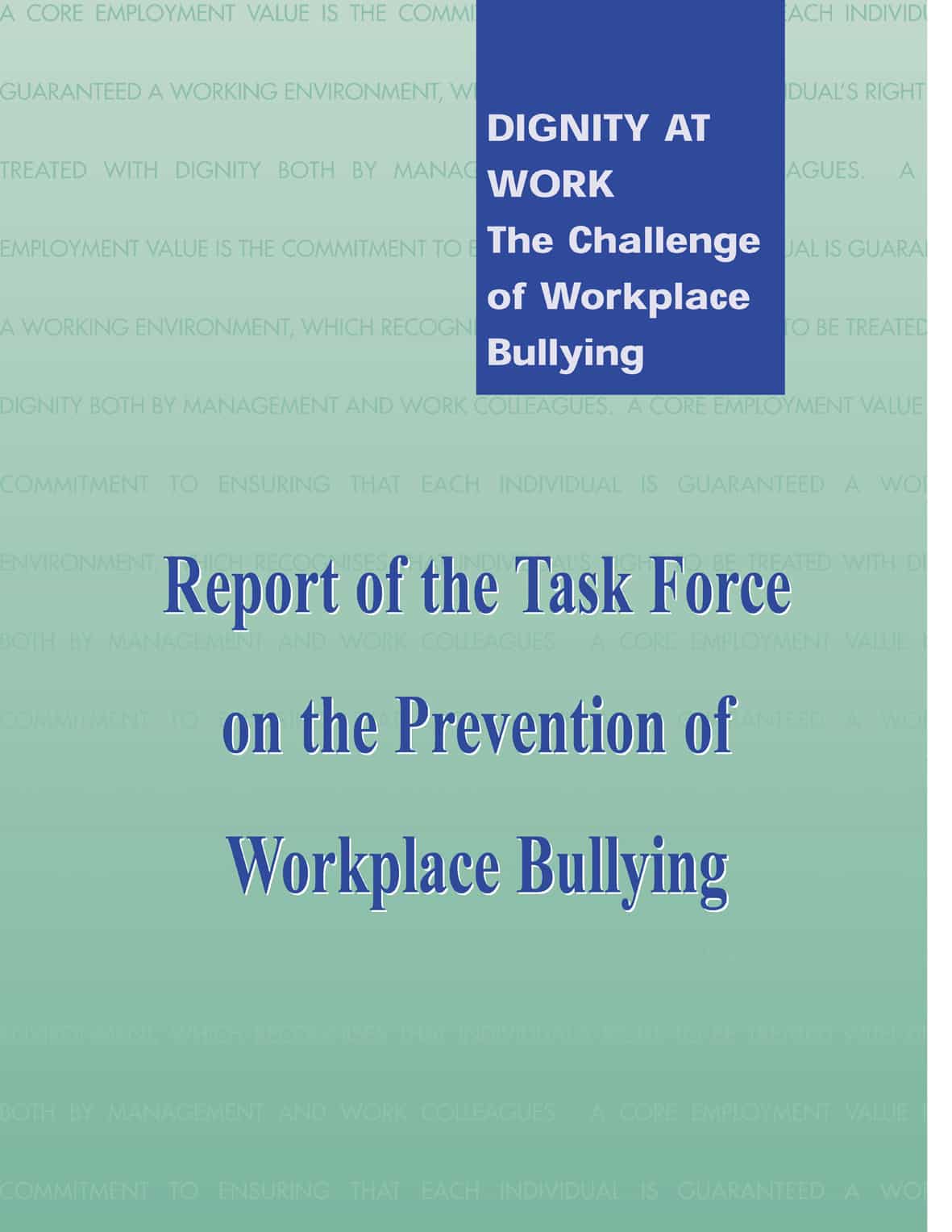I often have my “western” assumptions punctured by evidence from the non-western or majority world. Recently SafetyAtWorkBlog has reported on workplace suicide statistics but a report made available through the World Health Organisation says
“Low-income countries in Asia and the Pacific have the highest burden of suicide in the world. These countries are among the poorest globally, and face many social and political challenges.”
This report reminds me that although the westerners may claim to be short of resources, most countries have much less yet are still morally obliged to provide social support. It also speaks about cultural change and the application of new strategies. Continue reading “Suicide research and cultural change”

